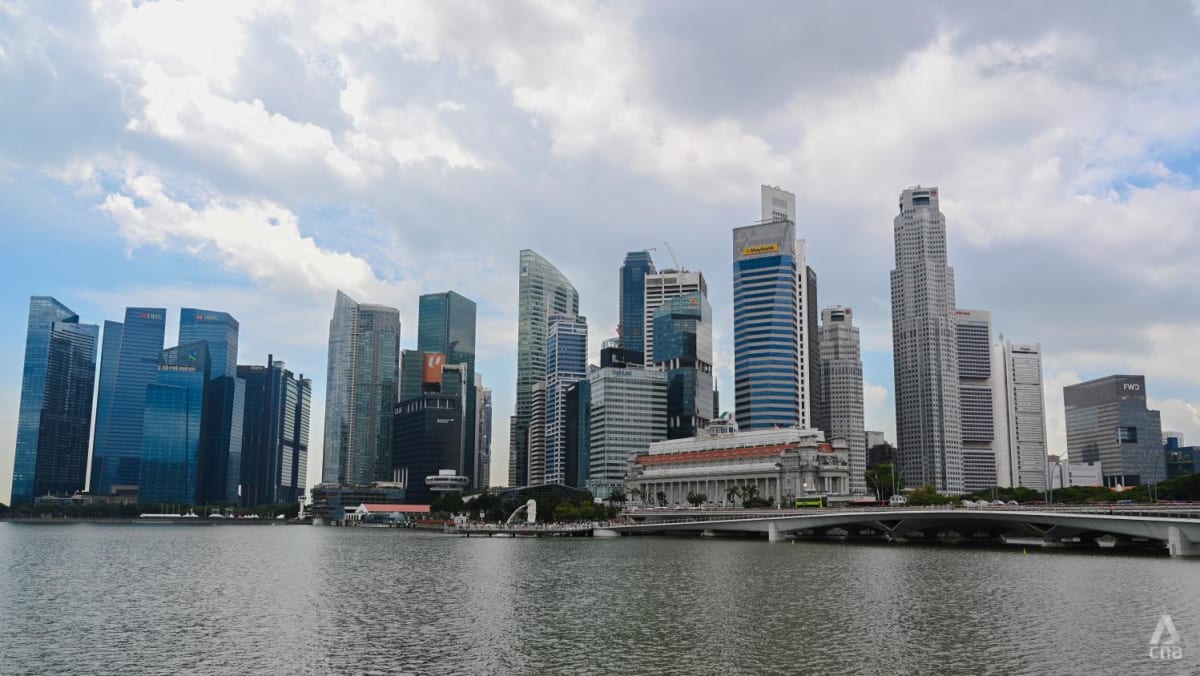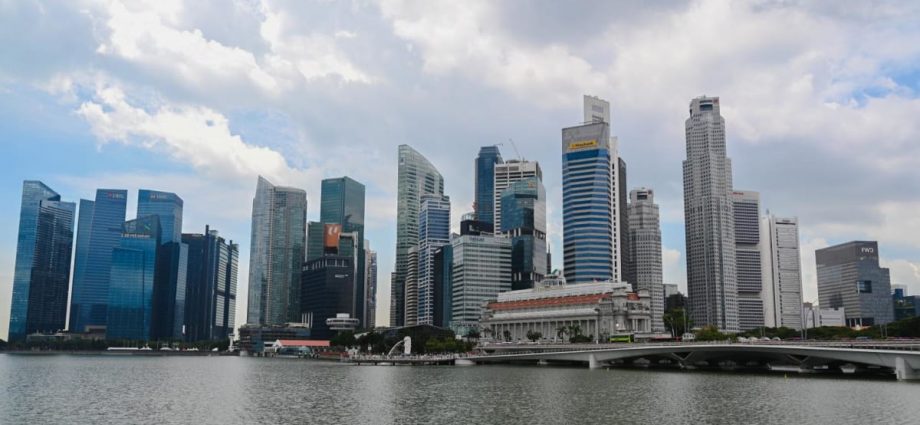
SINGAPORE: Singapore is expecting government expenditure to rise to about 19 per cent to 20 per cent of gross domestic product (GDP) between the financial years of 2026 to 2030, and possibly exceed 20 per cent by the end of the decade.
Healthcare will be a key driver of this anticipated increase in national spending, which currently stands at 18 per cent of GDP.
On the other hand, total government revenue – made up of operating revenue, such as tax and non-tax collections, and the Net Investment Returns Contribution (NIRC) – is now at about 18.5 per cent of GDP.
This revenue figure would not be sufficient to cover the increase in spending expected over the coming years, said the Ministry of Finance (MOF) in an occasional paper published on Wednesday (Feb 8).
The various tax changes announced in Budget 2022, which include the Goods and Services Tax (GST) hike and adjustments to some property tax and personal income tax rates, were therefore “necessary to close the funding gap”, said MOF.
These moves are set to yield additional revenues of about 0.7 per cent of GDP a year.
“Without the revenue moves made in Budget 2022, total revenue would have fallen below the projected level of government spending within this decade,” the ministry said.
But MOF also cautioned that the forecasts in its occasional paper do not take into account future policy moves that may be needed to address the various challenges ahead.
These challenges include an external environment marked by slower labour productivity growth, greater competition for global investments and geopolitical tensions.
Domestically, Singapore is seeing a rapidly ageing population that requires not just more investments in healthcare but also upgrading in infrastructure. More has to be done as well in areas such as training for workers and strengthening social support amid greater uncertainties and disruptions.
In addition, there is unlikely to be a repeat of the high economic growth and large fiscal surpluses of the 1990s, said MOF, which means Singapore’s “fiscal space is now much tighter” compared to the past few decades.
Hence, in the event of further spending increases, Singapore “will need additional revenues to balance the budget in the medium term”, said MOF.

